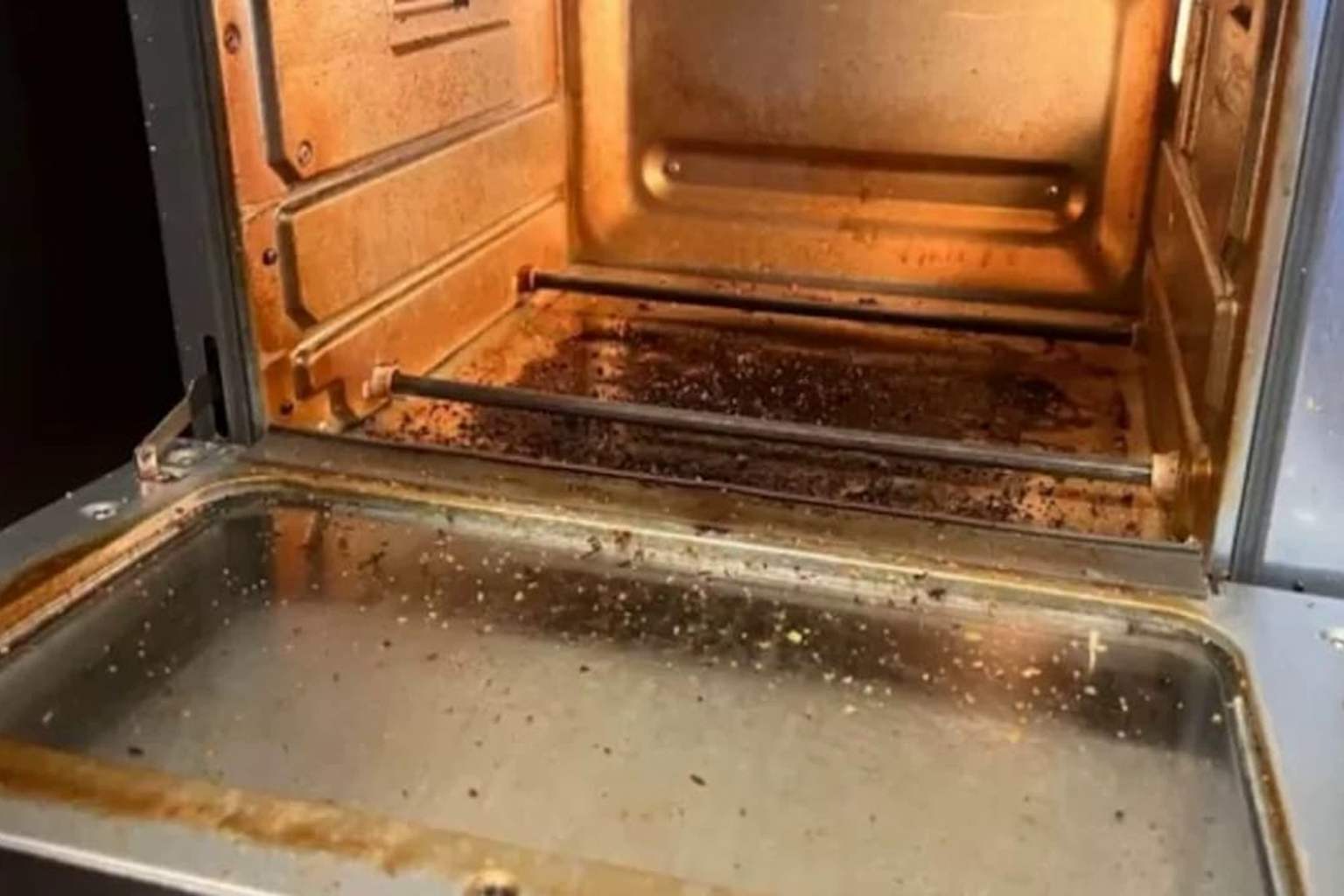Keeping a clean oven can feel like a dreaded chore, especially when faced with stubborn grease and burnt-on food. While many reach for harsh chemical cleaners, there’s a simple, natural solution hiding in your kitchen cabinet: the classic combination of baking soda and vinegar. This dynamic duo has been trusted for generations to deliver a deep, effortless clean without the toxicity or cost of commercial products.
Baking soda acts as a gentle abrasive and deodorizer, loosening baked-on grime without scratching metal surfaces. Vinegar, meanwhile, brings disinfectant and degreasing power. When mixed, they create an effervescent reaction that breaks down even the toughest greasy residue, dramatically cutting down on scrubbing time.
Step-by-step guide to cleaning your oven the natural way
Start by removing the oven racks and any loose debris with a spatula to make room for the natural cleaning agents. Next, mix about half a cup of baking soda with water to form a paste—creamy but spreadable. Apply this paste generously to greasy or burned areas, taking care to avoid heating elements.
Let the paste sit anywhere from 15 minutes to an hour, depending on how grimy the oven is. During this time, the baking soda naturally penetrates and softens the tough patches of crusted-on food. Once the waiting is over, spray white vinegar over the paste. You’ll see it foam and fizz—this lively reaction lifts away stubborn grime without needing hours of elbow grease.
Finally, wipe the entire oven interior clean with a damp cloth, repeating the vinegar spray on persistent spots if needed. A dry cloth finishes things off to prevent moisture buildup and leave your oven crystal clear.
How often should you use this baking soda and vinegar trick
Regular cleaning keeps your oven running efficiently and free from old smells. If you use your oven multiple times per week, aim for a deep clean every 6 to 8 weeks. More casual bakers can stretch that interval to three months, while occasional users might only need an annual scrub unless spills accumulate.
Routine maintenance stops layers of carbonized mess from building up and causing odors that taint your meals. Plus, a clean oven usually consumes less energy and cooks food more evenly, saving money and improving your kitchen results.
Benefits beyond cleaning your oven
Choosing this natural method means skipping harsh chemicals that can irritate skin and lungs and leave behind toxic residues. The ingredients are inexpensive, commonly found in most pantries, and safe for the whole family—even those with sensitivities.
This effective pairing doesn’t just work on ovens. It’s a versatile household hero for scrubbing sinks, stovetops, and even stained pots and pans. The fizzing action targets hard-to-reach grease and grime, turning a tough job into a simple, eco-friendly routine.
I used to dread cleaning my oven with chemical sprays that stung my eyes and left a strong smell in the kitchen. After discovering this baking soda and vinegar hack, I was amazed at how easy and satisfying it is to tackle grime naturally. It showed me that we don’t need fancy products to keep our homes fresh and clean—sometimes the best solutions are the ones we’ve had all along.
Have you ever tried this baking soda and vinegar combo to clean your oven or other tough spots around your home? What’s your go-to natural cleaning trick? Share your thoughts and experiences below, and let’s swap tips on keeping our kitchens sparkling clean as effortlessly as possible.
